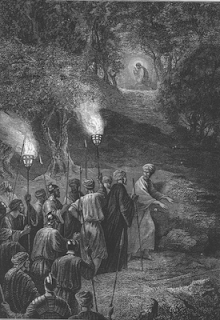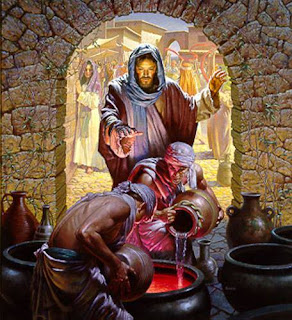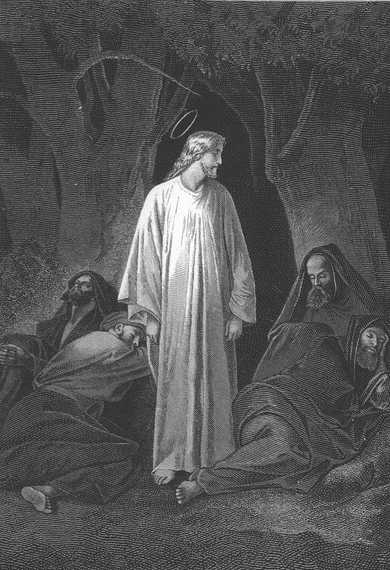TO CHEW ON: "And He said to them, 'Take heed and beware of covetousness, for one's life does not consist in the abundance of things he possesses.'" Luke 12:15
Jesus, the ultimate teacher, sure knew how to grab those teaching moments. Here the request of someone in the crowd for Him to intervene in an estate division problem gave rise to a proverb and a parable about the stuff people own.
The man who called out, "Teacher, tell my brother to divide the inheritance with me," was probably surprised when Jesus took him back to considering the basics of possessions. One of the ideas that He alluded to in His answer: "...one's life does not consist in the abundance of the things he possesses," is the fact that people very easily let their possessions define them.
We still do that. Notice, for example, how TV commercials tap into our desire to project a good image. One way, according to the ads, is by being the owner of that new car, living in that home on the golf course development with all its amenities, surrounded by brand-name fixtures and furniture.
Jesus' parable draws our attention away from the glittery stuff we love to posses to our impending separation from those things by death. It's inevitable. It may be much nearer than we think. We can't predict when it will arrive in any case. When it does come, "this night" or that, and our souls are required of us, "whose will those things be which you have provided?"
The implied answer is, "They won't be ours." We'll leave them all behind.
A footnote in my Bible says it concisely:
"Possessions neither give life nor provide security; because death separates from things. The fool in the parable mistakenly looked upon his possessions as his own, not gifts dependent upon the will of God and to be used unselfishly." - New Spirit Filled Life Bible, p. 1413.
We can't get through life without possessions. But we can hang onto them loosely, knowing they are lent for a little while. The challenge is to steward them wisely and in a way that will show us "rich toward God."
PRAYER: Dear God, please help me to have Your perspective on possessions. She me how to use them in a way that pleases You. Amen.
PSALM TO PRAY: Psalm 118
*****************
Unless otherwise noted all Scripture quotations are taken from the New King James Version®. Copyright © 1982 by Thomas Nelson, Inc. Used by permission. All rights reserved.



















